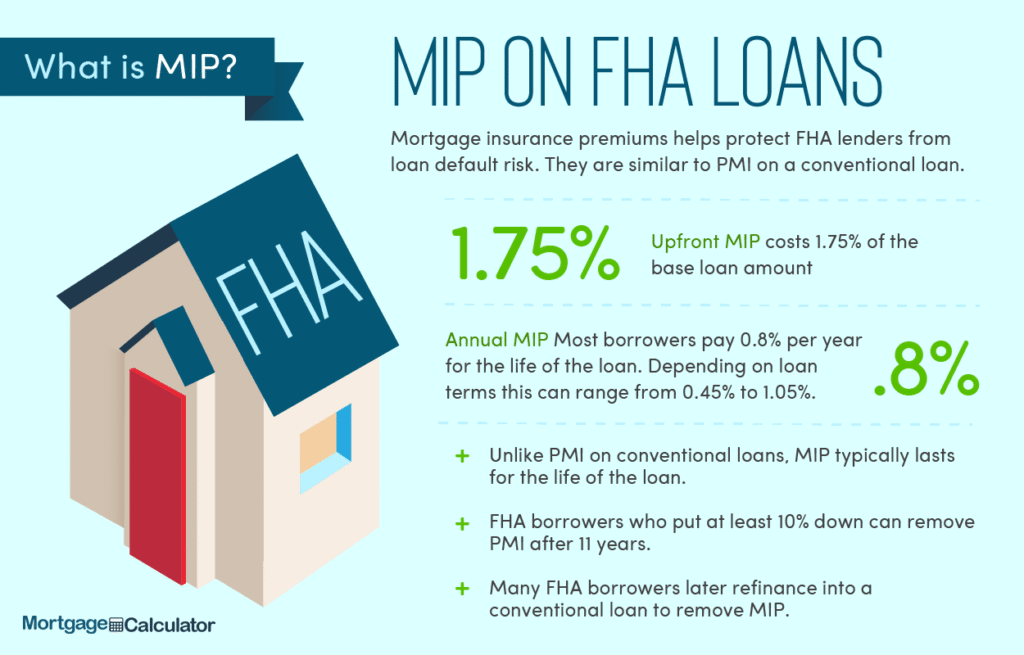If you’ve recently inherited money, you might be feeling a mix of emotions: grief, relief, or even anxiety about how to manage your new financial situation. While it’s tempting to make quick decisions or significant purchases, one of the wisest moves you can make is to pause and consider the benefits of consulting with a financial advisor. Here’s why making that call should be at the top of your to-do list.
Understanding Your Financial Position
Inheriting money can drastically change your financial landscape. A financial advisor can help you assess your current situation and how your inheritance impacts your overall financial health. They can provide a clear picture of your assets, liabilities, and cash flow.

Setting Financial Goals
With a clearer understanding of your financial situation, you can start setting short-term and long-term goals. Whether it’s buying a house, saving for retirement, or setting up a fund for your children’s education, a financial advisor can help you prioritize your goals based on your new financial standing.
Investment Strategies
Making your money work for you is crucial. A financial advisor can introduce you to various investment strategies and opportunities that match your risk tolerance and financial objectives. This may include stocks, bonds, mutual funds, or real estate investments.
Estate Planning
Your inheritance might necessitate changes to your estate plan. A financial advisor can work in tandem with an estate planner to ensure that your assets are protected and your legacy is secured. This might involve setting up trusts, wills, or charitable giving strategies.

Tax Implications
Inheriting money can have significant tax implications. A financial advisor can help you understand and navigate the complexities of inheritance taxes, capital gains taxes, and any other tax obligations that might apply to your situation.
Managing Debt
If you’re carrying debt, your advisor can formulate a plan to help you pay it down more efficiently. This could free up more of your resources for investing and help improve your financial health over time.
Creating a Budget
A financial windfall can lead to overspending if not carefully managed. An advisor can help you create a budget that incorporates your inheritance, ensuring that you live within your means while still achieving your financial goals.
Protecting Your Assets
Understanding how to protect your newfound wealth is crucial. This includes assessing your insurance needs—such as property, life, and liability insurance—and making sure you’re adequately covered.
Philanthropic Endeavors
If you’re interested in giving back, a financial advisor can help you explore philanthropic endeavors that align with your values. This might include donating to charities, setting up a scholarship fund, or engaging in community projects.
Retirement Planning
Regardless of your age, it’s never too early or too late to plan for retirement. An advisor can help you adjust your retirement savings plan or create one that maximizes your inheritance.
Building an Emergency Fund
Establishing or bolstering an emergency fund is a fundamental step. A financial advisor can guide you on how much should be set aside for unforeseen expenses, providing you with financial security.
Navigating a Windfall
Suddenly acquiring a large sum of money can be overwhelming. An advisor can guide you through the emotional and financial intricacies of managing a windfall, helping you avoid common pitfalls.
Education Funding
If funding education for yourself or loved ones is a priority, an advisor can suggest strategies for saving or investing to meet educational goals efficiently.
Supporting Financial Wellness
Beyond specific financial strategies, an advisor can help foster overall financial wellness. This can include providing resources and education on financial literacy and health.
Choosing the Right Financial Advisor
Not all financial advisors are created equal. It’s important to choose one that aligns with your financial goals, values, and needs. Consider their qualifications, experience, and approach to financial planning before making a decision.
Conclusion
Inheriting money comes with its own set of challenges and opportunities. Engaging a financial advisor can help you navigate this complex terrain, ensuring that your financial future is secure and aligned with your personal goals and values.
Frequently Asked Questions
Should I wait to consult a financial advisor until I know what I want to do with my inheritance? No, consulting a financial advisor early can help you make informed decisions and avoid common mistakes.
Can a financial advisor help with debt management? Yes, advisors can provide strategies to help you manage or reduce your debt more effectively.
Is it necessary to have a large inheritance to benefit from a financial advisor’s services? No, financial advisors can provide valuable guidance regardless of the size of your inheritance.
How often should I meet with my financial advisor after inheriting money? It depends on your individual situation, but setting up regular check-ins is a good practice to ensure your financial plan stays on track.


